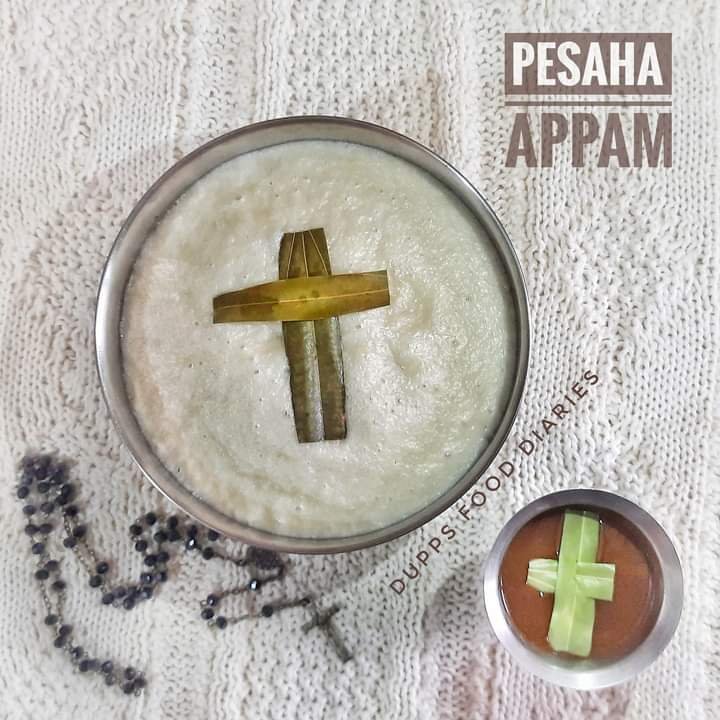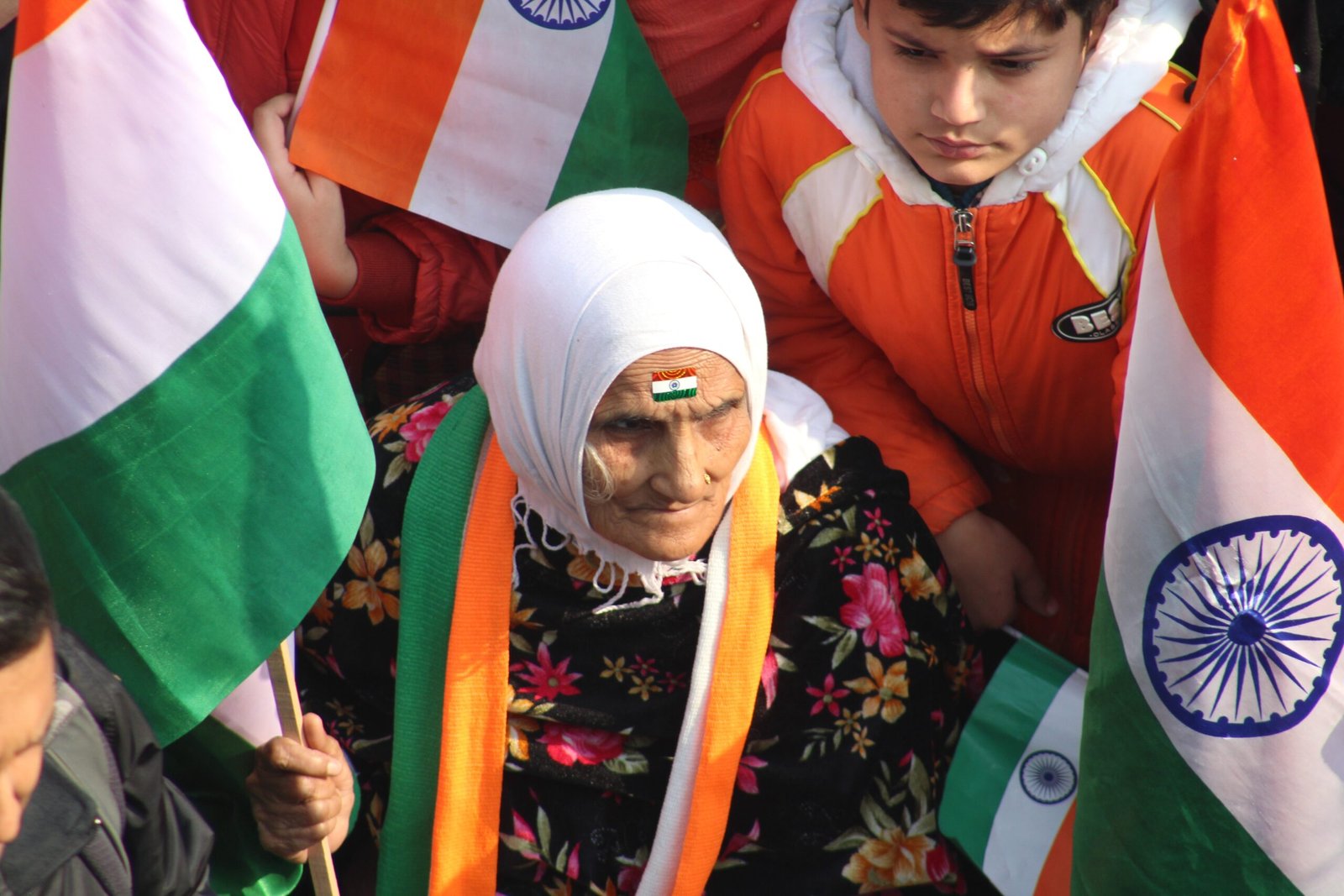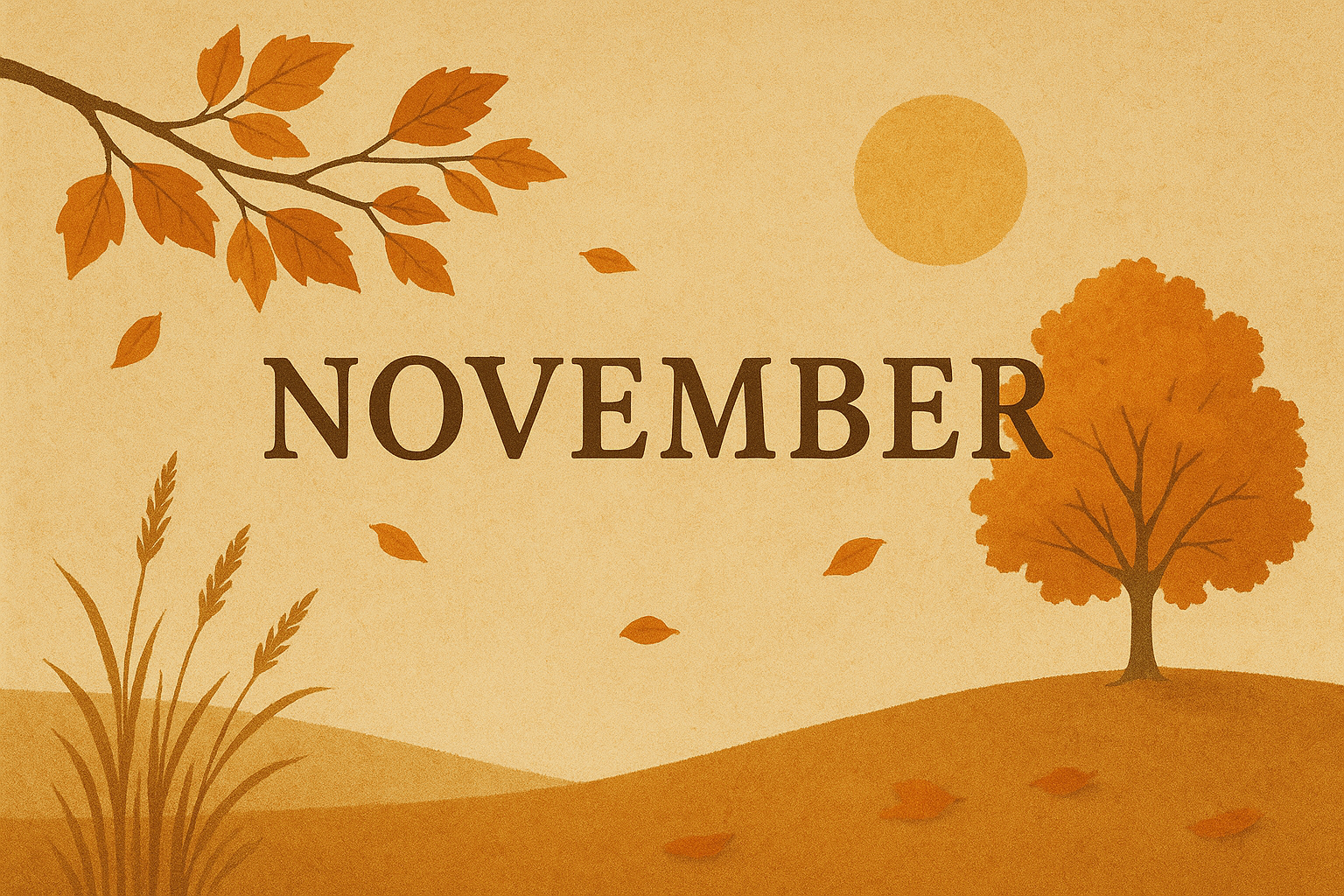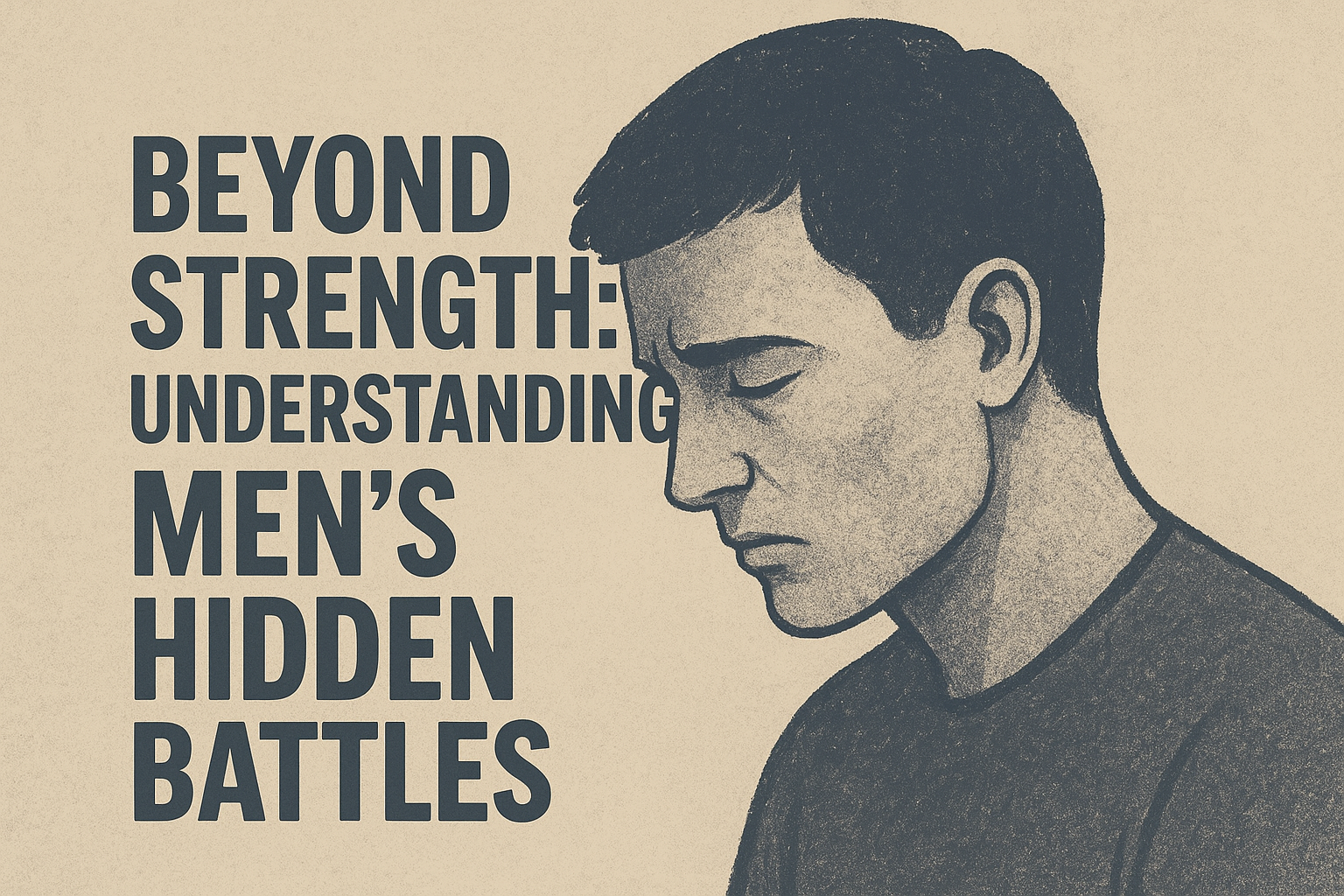Maundy Thursday, which falls before Good Friday and Easter is observed to commemorate Jesus Christ’s Last Supper with his disciples. This was the last time that Jesus ate with his disciples. This day also advocates the lesson that Jesus taught his apostles.
The lesson of being humble and ready to wash each other’s feet which shows that we are all equal.
On this day, we prepare a traditional dish in Kerala. It’s known as Pesaha Appam
PESAHA APPAM; A Maundy Thursday Special
The bread and milk are made to commemorate the Last Supper of Jesus Christ with his disciples. This unleavened bread made of rice batter is served at dinner by Kerala Christians. The bread is decorated with a cross (Kurishu in Malayalam) made of tender palm leaf from the Palm Sunday celebration, hence it is also called Kurisappam. It is also called Inriyappam, to denote the INRI written on the cross.
Cook Time: 30 mins
Preparation Time: 2 hrs
Kerala Cuisine / Serves 6
Difficulty: Easy
Ingredients
For Pesaha Appam:
Raw white rice – 1.5 cup
Urad Dal – 1/2 cup
Grated Coconut 1 nos
Garlic clove -1 big
Water – 2 cups
Salt – 1/3 tsp
For Pesaha Paal:
Grated coconut 1 cup, to make coconut milk
Jaggery – 4 small pieces
Cardamom(crushed) 6 nos
Rice flour 2 tbsp.
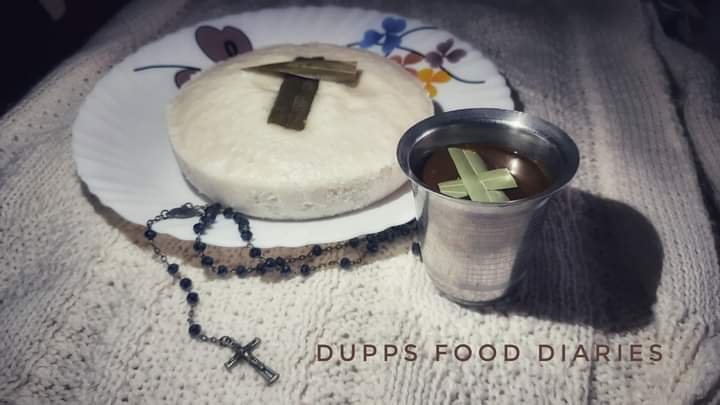
Directions
Method of cooking Pesaha Appam:
– Wash and Soak urad dal and white raw rice for 2 hours.
– Grind with all the other ingredients. Keep aside for another 2 hours.
– The consistency of the batter should be slightly lesser than idli batter.
– After 2 hours, pour this mixture into a lightly greased round shape steel plate.
– Steam this for 15 minutes in an idli steamer. Pesaha Appam is now ready.
For Pesaha Paal
– Melt the jaggery in half cup of water, strain and keep aside.
– Pour the coconut milk into a saucepan and add the rice flour. Mix with an egg beater so that no lumps are formed.
– Add the melted jaggery and cook on a medium flame, till it boils. Stir in between and make sure it doesn’t stick to the bottom of the pan.
– Finally, add crushed cardamom powder before switching off the flame.
Traditionally, the eldest member of the family breaks the bread, dips it in the milk and feeds it to all the family members.
Wishing everyone a happy easter!

By Deepa Perumal
Deepa Perumal is an MBA student & management professional, and a passionate advocate for women’s empowerment. As a career mentor, entrepreneur, and multilingual author, she shares her insights through blogging and writing features on history, world cultures, travelogues and memoirs. Contact her at deepabperumal@gmail.com





